India says US grants six month sanction exemption on Iran port
India, which is locked in wider trade negotiations with Washington, said sanctions had been paused.
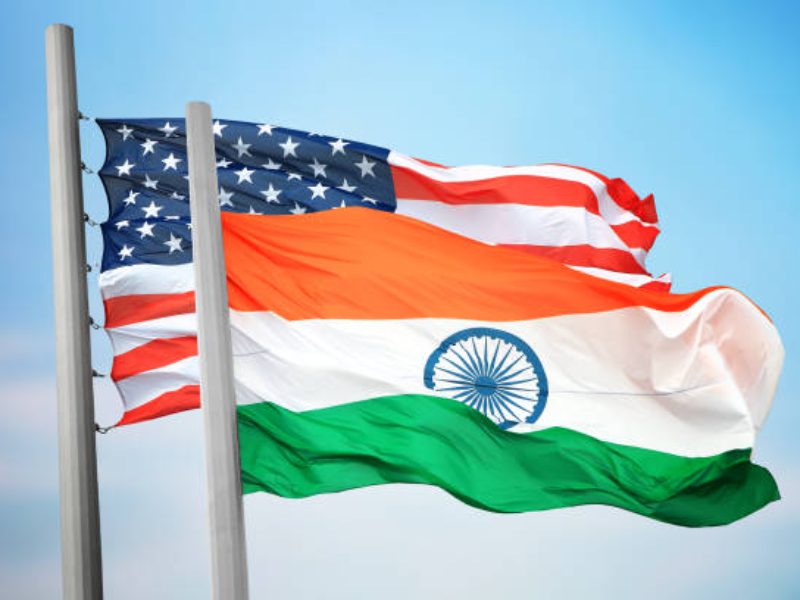 Representative Image / iStock
Representative Image / iStock
India has been granted a six-month exemption on US sanctions on its strategic Chabahar port project in Iran, a key gateway to landlocked Afghanistan, New Delhi's foreign ministry said Oct. 30.
New Delhi and Tehran last year signed a contract to develop and equip the long-stalled Chabahar project, giving India 10 years of access.
But Washington slapped sanctions on the project as part of moves to squeeze Tehran over its nuclear program, which came into effect in September.
Also Read: U.S. Senators warn of drug supply risks tied to China, India
Under US law, companies had to exit Chabahar or risk having any US-based assets frozen and US transactions barred.
India, which is locked in wider trade negotiations with Washington, said sanctions had been paused.
"I can confirm that we have been granted exemption for a six-month period on American sanctions," India's foreign ministry spokesman Randhir Jaiswal told reporters in New Delhi.
He said the exemption came in "recent days," meaning the pause would stretch until April 2026.
Chabahar is an alternate gateway to Afghanistan, bypassing Pakistan, which has long controlled transit trade into Afghanistan.
The exemption comes as Pakistan and Afghanistan are engaged in fragile peace talks after fighting along their volatile border in recent weeks.
The United States had begrudgingly accepted the port project while the US military was in Afghanistan, as it saw New Delhi as a valuable partner to back the Kabul government that fell in 2021.
India has since improved ties with the Taliban government.
Amir Khan Muttaqi, Afghanistan's UN-sanctioned foreign minister, visited India this month, and New Delhi has since returned its mission in Kabul to a fully fledged embassy.
Diplomatic dynamics in South Asia are driven by long-running distrust between India and Pakistan, with New Delhi seeking to exploit divisions between Islamabad and Kabul.
Relations between Washington and New Delhi plummeted in August after President Donald Trump raised tariffs to 50 percent, with US officials accusing India of fueling Russia's war in Ukraine by buying Moscow's discounted oil.
Trump has claimed that Indian Prime Minister Narendra Modi has agreed to cut Russian oil imports as part of a prospective US trade deal—something New Delhi has not confirmed.
ADVERTISEMENT
ADVERTISEMENT
E Paper
Video



 AFP
AFP

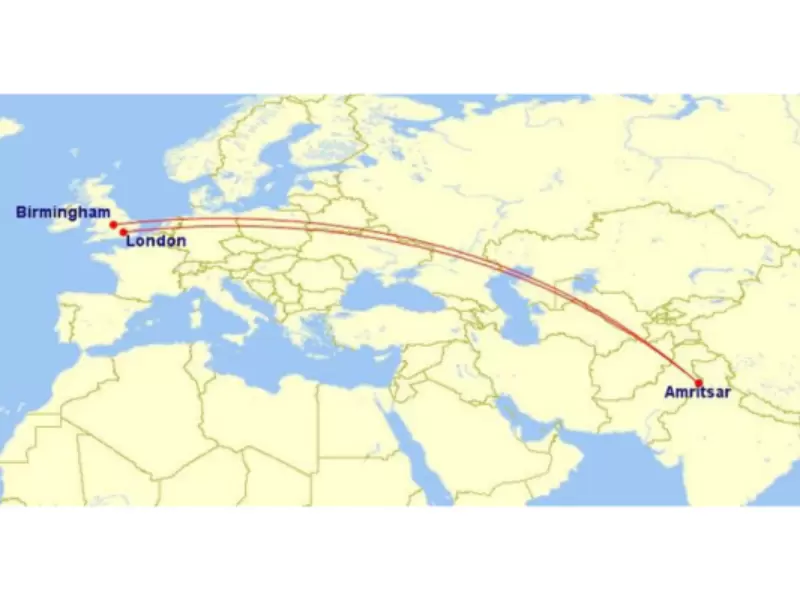
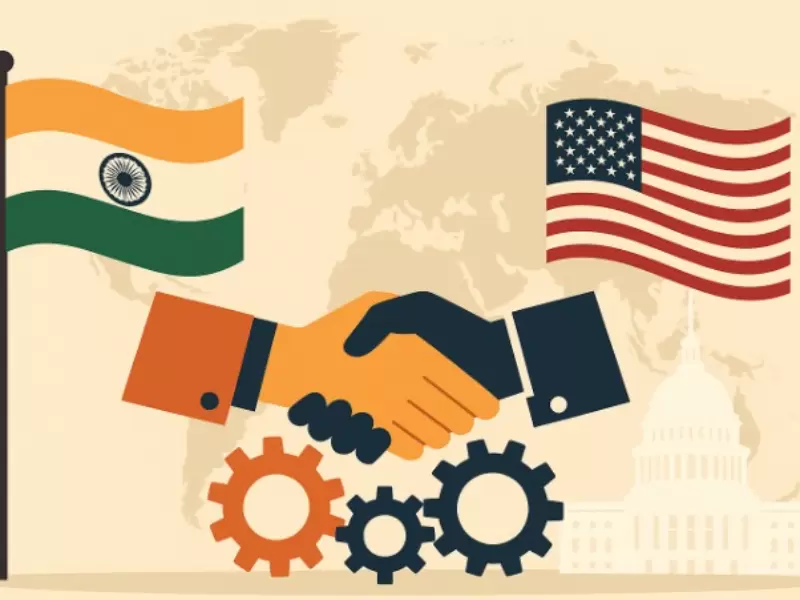

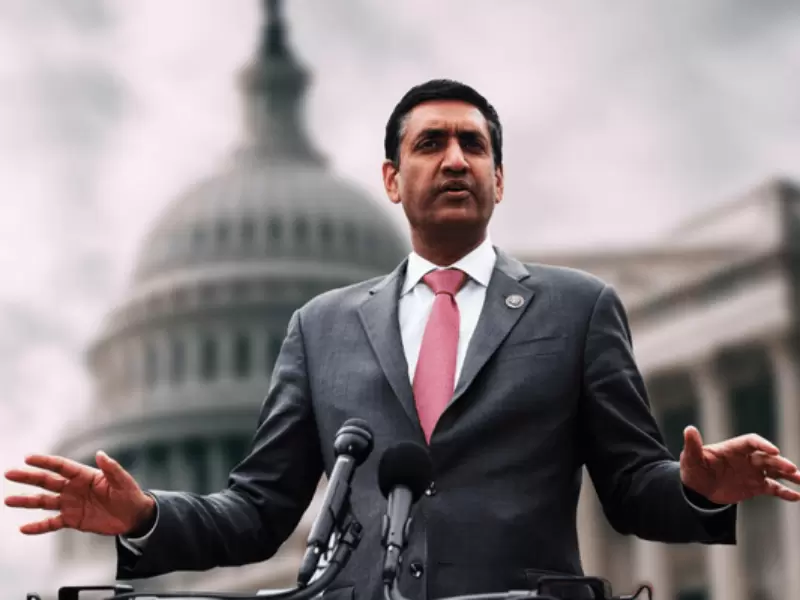
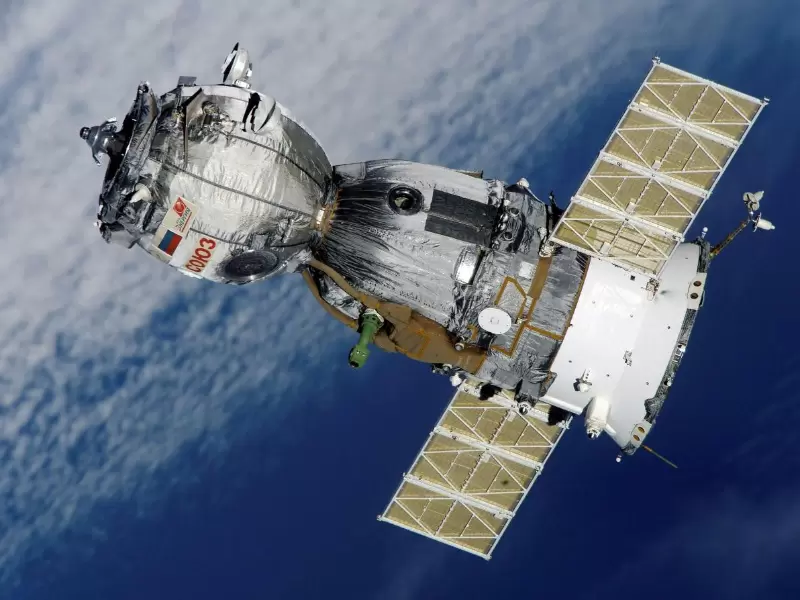
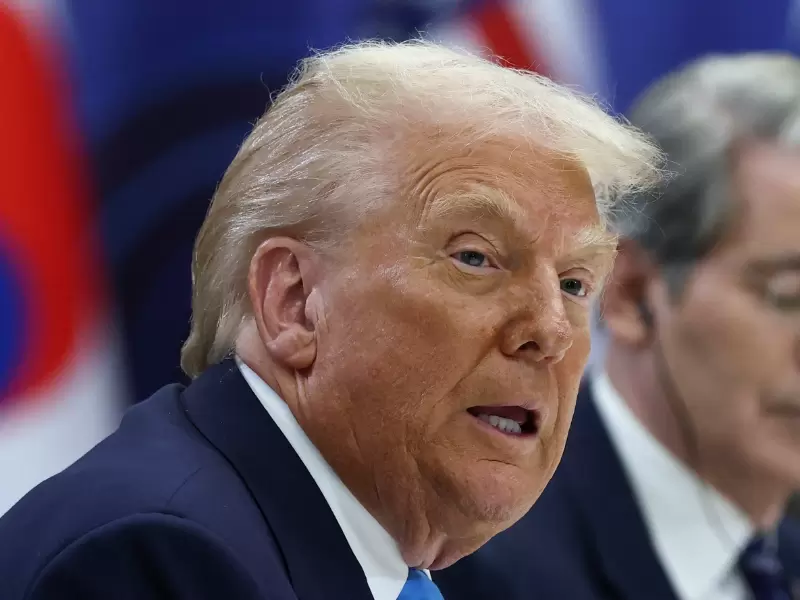
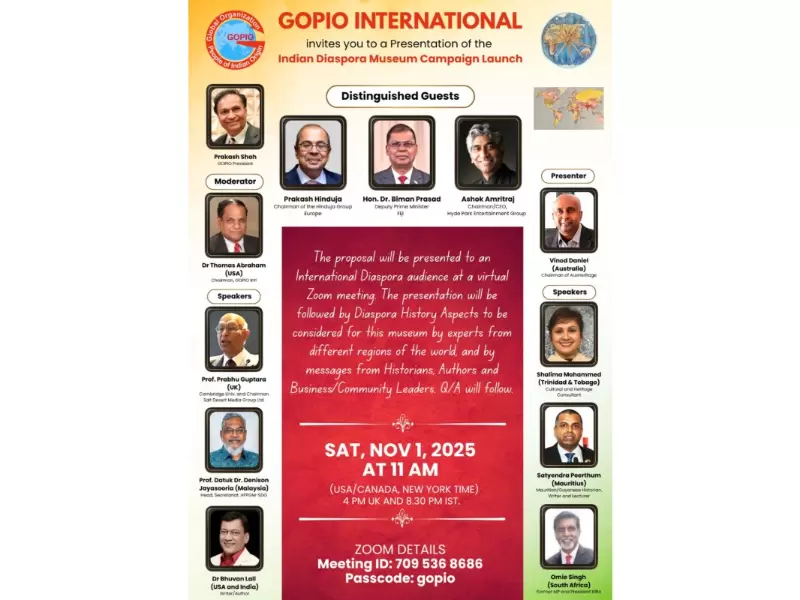
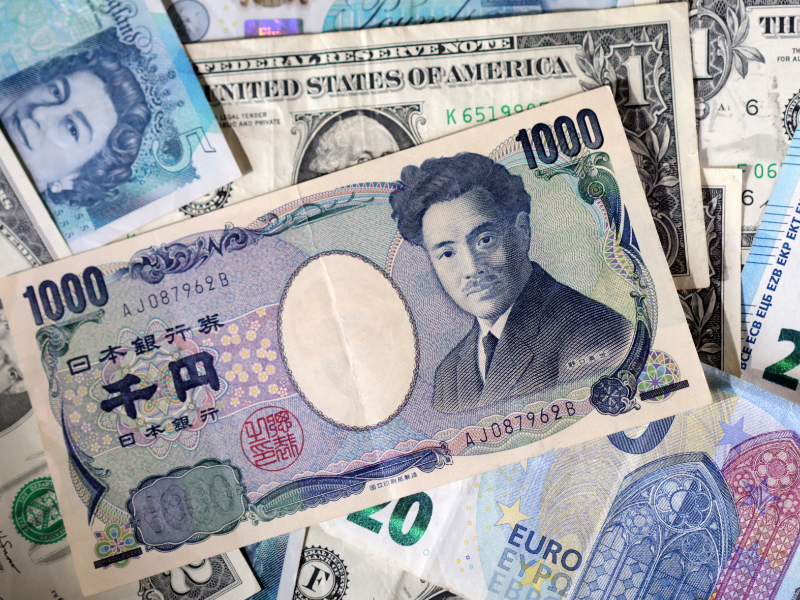


Comments
Start the conversation
Become a member of New India Abroad to start commenting.
Sign Up Now
Already have an account? Login